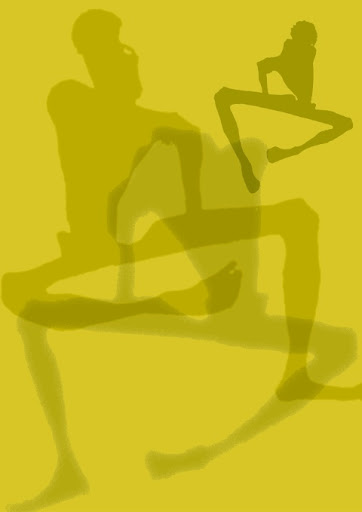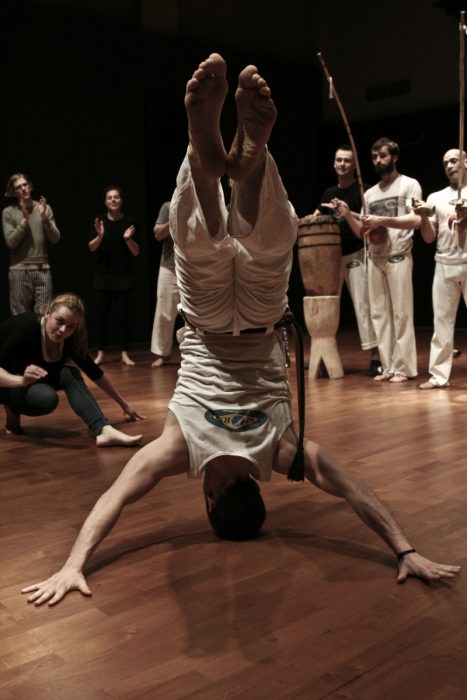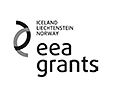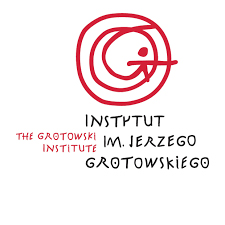Projects
BodyConstitution

BodyConstitution
Is a programme in cooperation with the Grotowski Institute
BodyConstitution is the year-round work of a number of studios set up to analyze in practice various physical and vocal traditions and to incorporate their principles into performer training. BodyConstitution is a programme of practical seminars, open workshops and work demonstrations. BodyConstitution is a platform for conscious, consistent and responsible work on the body through the creation of a “lexicon” of analysis and description of movement techniques and vocal practices. BodyConstitution combines action and reflection to build a deep body culture.

The project centres on physical actor training, its problems, teaching and self-study; on opening up for new methods of theatre work; and on an innovative methodology of the actor’s work understood as his self-development with particular emphasis on self-diagnosis and self-reflection as well as the ability to communicate the actor’s processes.
One of the main premises of the project is a belief that the creative development of artistic work methods is possible mainly through the constant confrontation of learned techniques with the experience, richness and variety of methods developed by teachers and artists from other traditions and cultures. With this in mind, the Grotowski Institute, together with the Oslo National Academy of the Arts and the PWST National Academy of Theatre Arts in Kraków, Branch in Wrocław, wants to create a space for meeting, sharing experiences and learning from invited Polish and Norwegian teachers as well as prominent artists and masters of movement techniques representing various traditions and bodywork methods (martial arts, techniques from the borders of theatre, dance and contact improvisation). This exchange will take place both at the practical/workshop level and in the domain of theoretical reflection.
One of the central objectives of BodyConstitution will be to show the diversity and multi-valance of body practices: from body objectification to body subjectification, from “having a body” to “being a body”. We would also like to build a practical and theoretical heuretics and hermeneutics of the body.
How do we rework the ‘sources’ both in the field of training and while working on the actor’s material that we recast into scene material so that it can later become integrated into performance? Can we notice the three registers in which the source material is simultaneously transferred to the realm of the actor’s work? The registers are best described by three words: transmission, transition and transgression. In what proportions are these three registers present in the actor’s work? How the material collected during research is ‘translated’ and to what extent its transfer breaks down the boundaries set by tradition and source techniques? We will be seeking answers to these questions during this year’s practical seminar workshops, training sessions, work demonstrations, screenings, discussions, conversation, exhibitions and performances, and also during BodyPedia, the series of discussions exploring the key terms and categories associated with the actor’s practice.
BodyConstitution is a creative extension of the activities focused around acting techniques that have been happening at the Grotowski Institute since 2004.
In 2014–2016 the core of BodyConstitution will be comprised by groups currently in residence at the Grotowski Institute.
Studios focused on distinct movement traditions/techniques and three ensembles that have developed their own performer training approaches based on source movement techniques:
- Studio Kalari, led by Sankar Lal Sivasankaran Nair and Justyna Rodzińska-Nair
- Two Paths Studio, led by Przemysław Błaszczak and Jakub Gontarski
- Teatr ZAR, led by Jarosław Fret
- Studio Matejka, led by Matej Matejka
- Jubilo Group, led by Diego Pileggi, Agnieszka Bresler and Joshua Doerksen
Since January 2014 the BodyConstitution project has engaged students and teachers of PWST in Kraków, Branch in Wrocław, and the Oslo National Academy of the Arts in training and workshops held as part of summer and winter academies as well as in workshops and practical seminars in Wrocław and Oslo. This year’s seminar, organised as part of the theatre programme of the European Capital of Culture Wrocław 2016 is the final event of the project.







